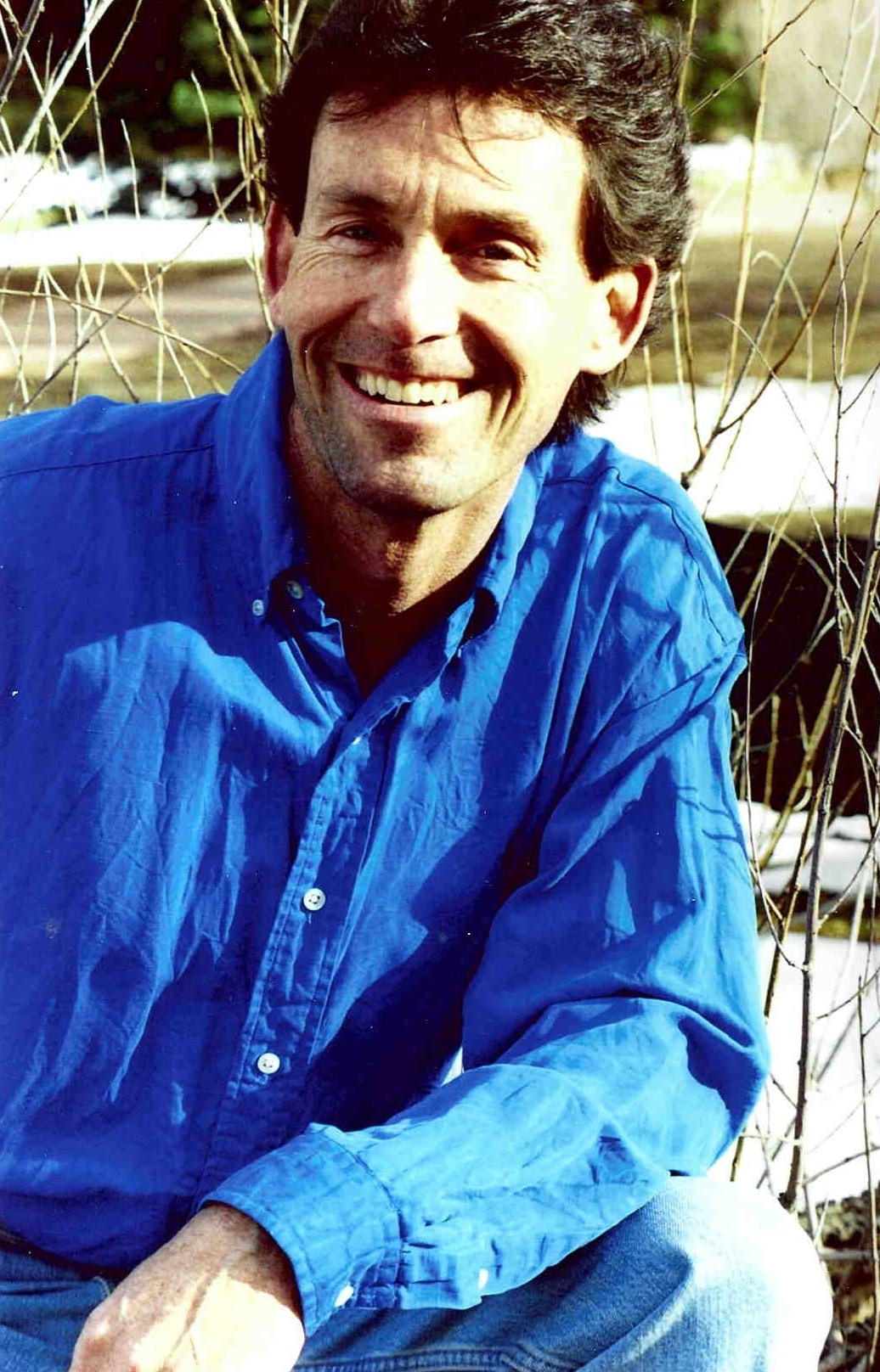Myth: "My calling is just to love whoever is in front of me."
 Thursday, April 29, 2010 at 12:00PM
Thursday, April 29, 2010 at 12:00PM Myth: “My calling is just to love whoever is in front of me.”
Your calling has broader implications for the surrounding culture and what God is doing in the world. What you can offer is not simply to impact who ever might cross your path at the time. Don’t underestimate your place in the Story by thinking too casually, “My calling is just to show God’s love wherever I am.” It includes that dimension, but more.
God is not casual or haphazard in his efforts to redeem all of creation from the ground up. If you are too casual about your place in the Story, whole groups of people may live without what you uniquely can offer them. God doesn’t want to have to send them someone else: you’re the best fit.
This isn’t about pressure or guilt – it’s about getting perspective. Even the devil doesn’t underestimate you.
“Some Christians prefer to keep their faith to the level of the personal, the relational, the spiritual, and the simple. I believe that such a view of faith is misguided. Calling is certainly a truth that touches our personal lives intimately, bit it also touches cultural life potently. Calling is more than purely cultural, but it is also more than purely personal.” (Os Guinness, The Call)
Guinness laments further that
“…second only to the joy of knowing [Jesus] has been a sorrow at the condition of those of us today who name ourselves his followers. If so many of us profess to live the gospel yet are so pathetically marginal to the life of our societies and so nondescript and inconsequential in our individual lives, is there something wrong with the gospel, or does the problem lie with us?” ( The Call)
What you are called to individually, is directly tied to what God is currently up to in human history. It's that important.
 callings,
callings,  culture,
culture,  myths,
myths,  perspective in
perspective in  Unique niche,
Unique niche,  calling,
calling,  identity,
identity,  mission,
mission,  story
story  Permalink
Permalink 





















